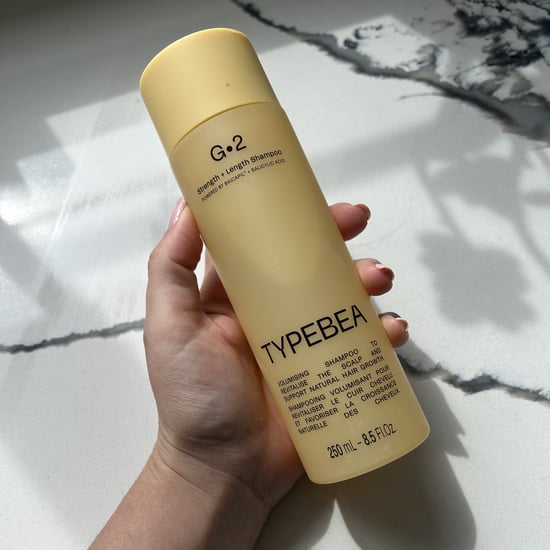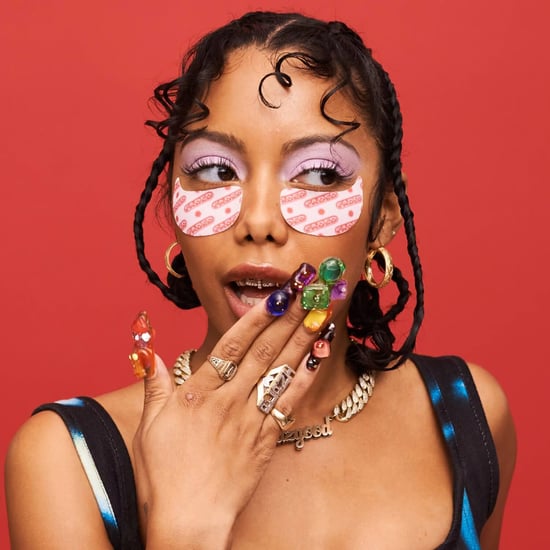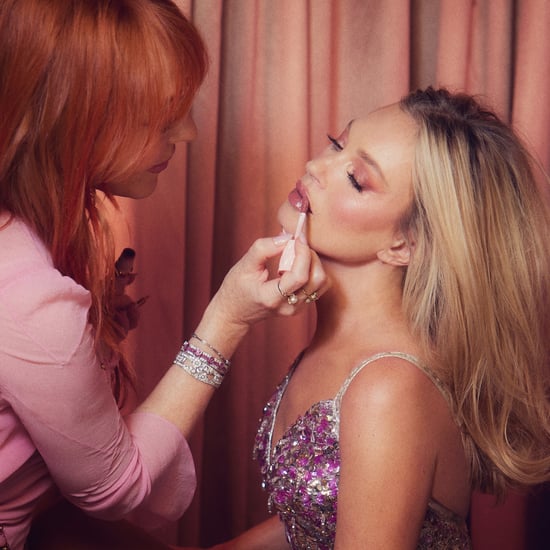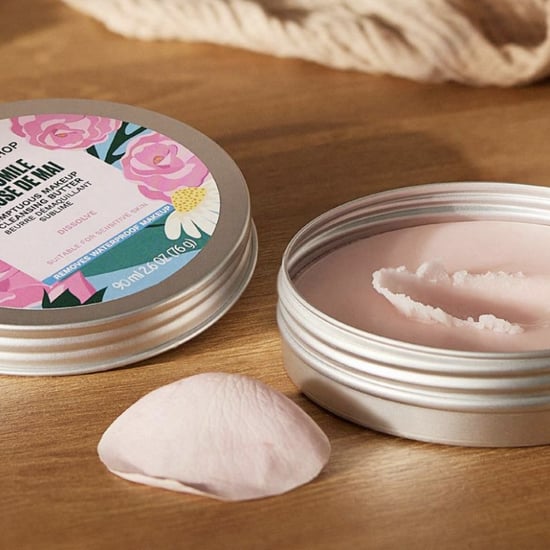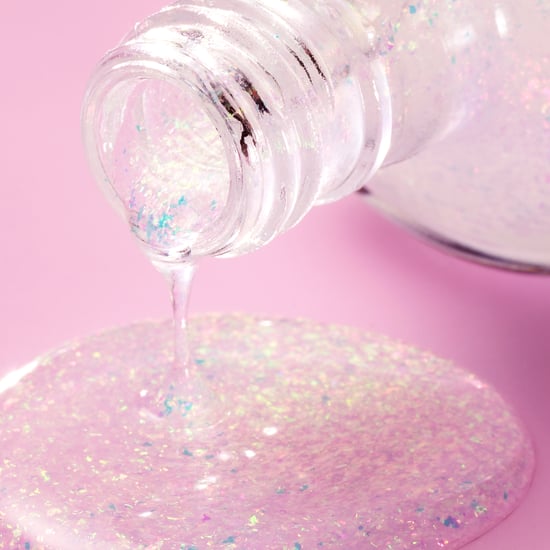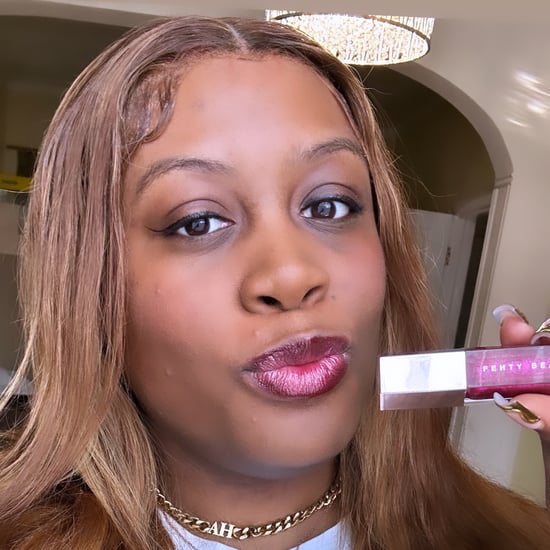Unilever Signs Halo Code to Protect From Hair Discrimination
Unilever Becomes First UK Company to Protect Against Hair Discrimination With Halo Code

In the UK, race-based hair discrimination became illegal in 2010 under the Equalities Act, and yet discrimination still happens in schools and workplaces up and down the country, and more must be done. That's exactly why Halo Collective, an alliance formed to build a future without hair discrimination, launched the Halo Code, the UK's first workplace and school code established to explicitly protect employees and students from facing barriers or judgments because of their Afro-textured hair.
Founded by young Black organisers from The Advocacy Academy — a Social Justice Youth Organising Movement for young people — the Halo Code is on a mission to fight for the protection and celebration of Black hair and hairstyles. "Black people have been told that our hair textures and hairstyles are inappropriate, unattractive, and unprofessional. We've been suspended from school, held back in our careers, and made to feel inferior by racist policies and attitudes," the Halo Collective states on its website. That's why the freedom to wear all Afro hairstyles without restriction or judgment is so important.
Consumer goods giant Unilever has become the first company to adopt and sign the code, which "explicitly protects employees who come to work with natural hair and protective hairstyles associated with their racial, ethnic, and cultural identities."
On the workplace code, Halo Collective states: "We celebrate Afro-textured hair worn in all styles including, but not limited to, afros, locs, twists, braids, cornrows, fades, hair straightened through the application of heat or chemicals, weaves, wigs, headscarves, and wraps."
Statistics reported by the Halo Collective only reinforces how important this code is as one in four Black adults had a negative experience at school in relation to their hair texture and one in five Black women feel societal pressure to straighten their hair for work.
